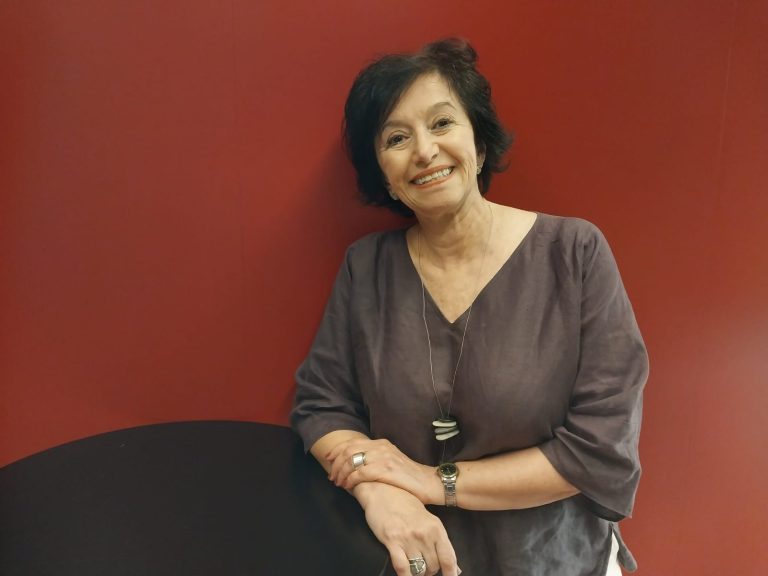São Paulo – During the celebrations of the UN Arabic Language Day on December 18, UNESCO hosts in its headquarters in Paris actions to promote the language. The event will include talks and workshops on the collaboration of Arabic poetry for the knowledge formation and social transformations, the role of the arts in the Arab cultural diversity and the Arab Latinos! project that preserves the influence of the Arab culture in Latin America and the Caribbean. The celebrations also mark 50 years since the United Nations added the Arabic as one of its six official languages, alongside English, Russian, Spanish, Chinese, and French.
Arab-Brazilian Chamber of Commerce (ABCC) communication and marketing vice president Silvia Antibas (pictured) will be in the French capital next week to participate in the events at UENSCO alongside other Arab Latinos! members to set out projects and actions to be held over the next five years.
Arab Latinos! presents and debates the influence of the Arabic and the Arab culture in Latin American countries Brazil, Chile, Argentina, Colombia, and Mexico. Its purpose is strengthening cultural ties and fostering the dialogue between the cultures of Latin America and Arab countries.
The main purposes of Arab Latinos! are expanding the group to include Caribbean states, displaced people, quilombolas, and Indigenous peoples in the Arab culture education, preservation, promotion and dissemination actions, with various cultural action modalities. Some of them are art residencies, exhibitions, memory preservation, and the creation of a website with actions developed by the projects. These actions will be sponsored by Saudi Arabia’s Sultan bin Abdulaziz al Saud Foundation.
“The Arab Latinos! project arose from the natural need of the peoples to talk among themselves. There are many shared connections but many differences between them due to the influences of the local culture. We need to preserve this [Arabic] origin. In Brazil, we used to hold the project alone, but UNESCO and the Saudi foundation started to support us. There have been many migrations to Latin America, from various Arab countries that are very different from each other. We want to uncover and disseminate these cultural ties,” said Antibas.
According to her, the ABCC participation in the initiative results from its credibility. “We have diplomatic ties; we talk to all countries. And the cultural branch of the ABCC is very strong, so our participation in cultural activities is highly demanded. This is huge for the ABCC as the current situation makes it important that people learn about the Arab culture and everything it has given the world in science and arts. This builds respect,” said Antibas.
The activities that UNESCO will hold starting on the 18th include roundtables and workshops, an exhibition to present initiatives for promotion the Arabic around the world through the Prince Sultan bin Abdulaziz Al Saud Program for the Arabic Language,” from December 18 to 22.
Translated by Guilherme Miranda




